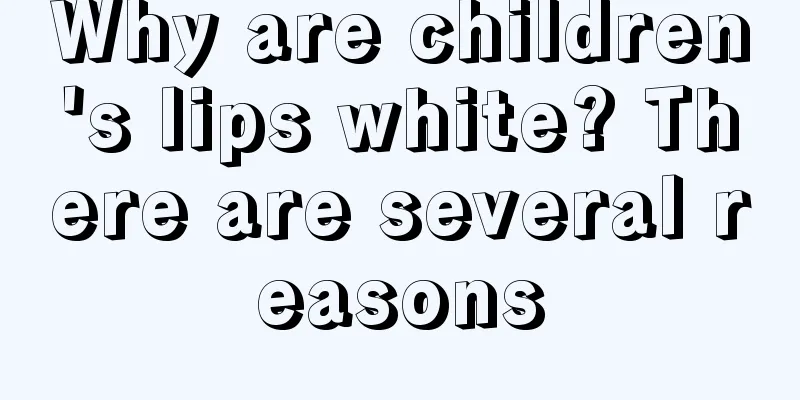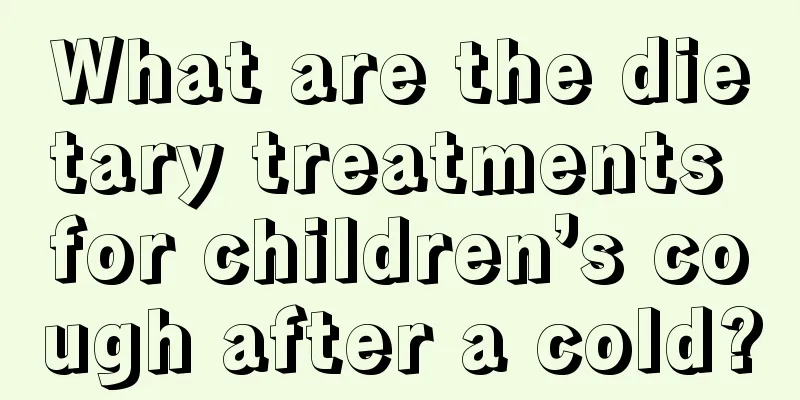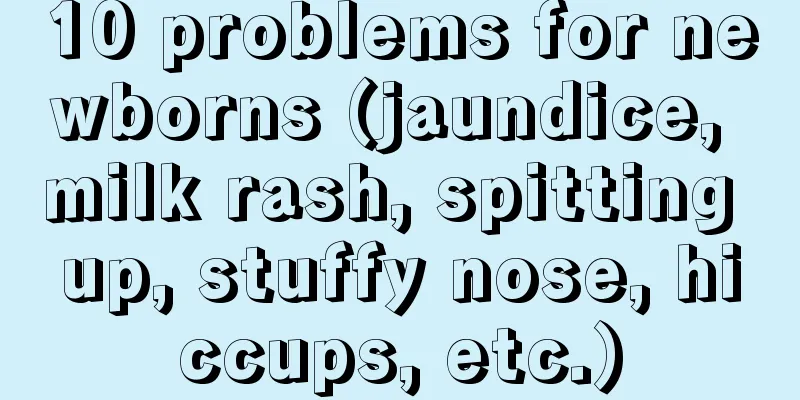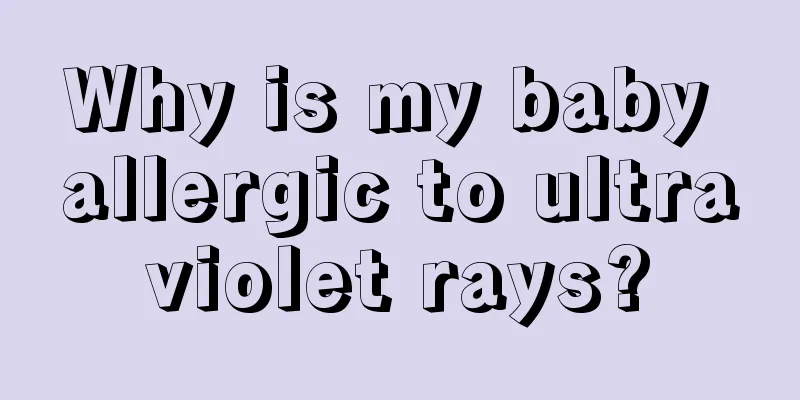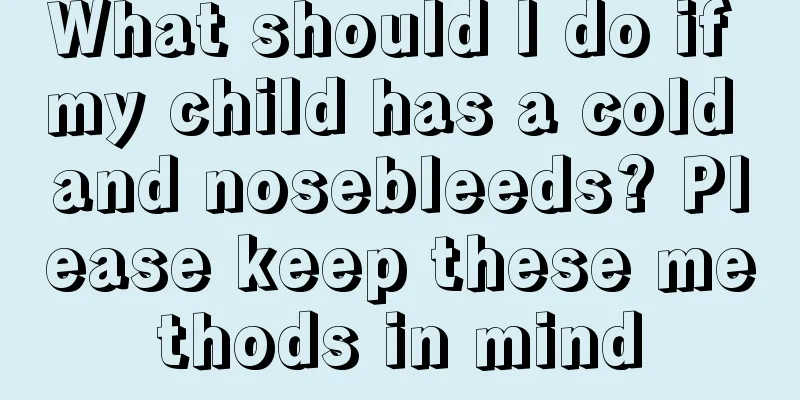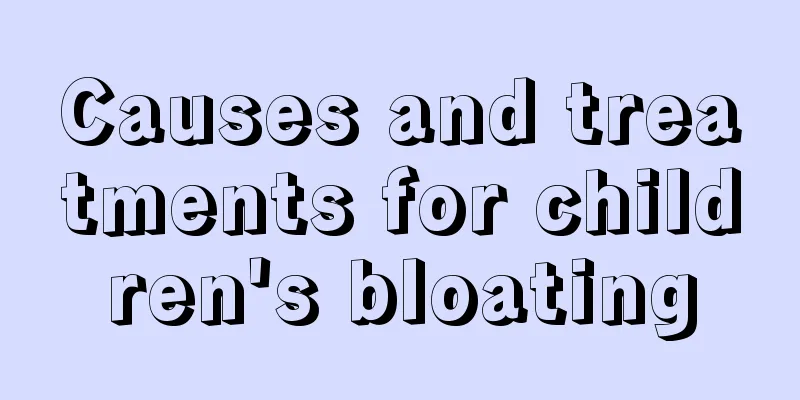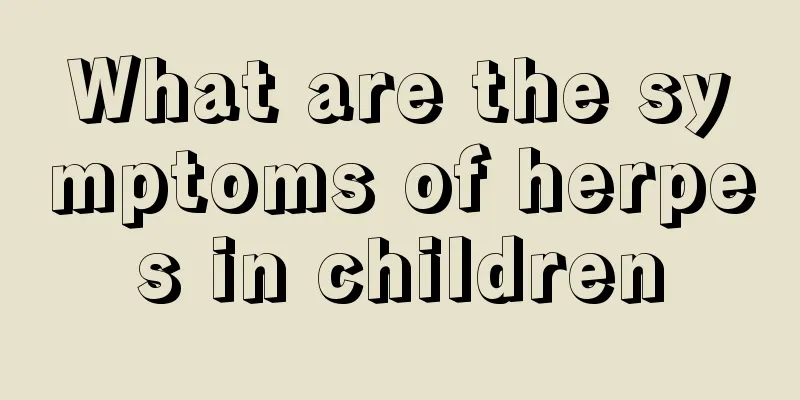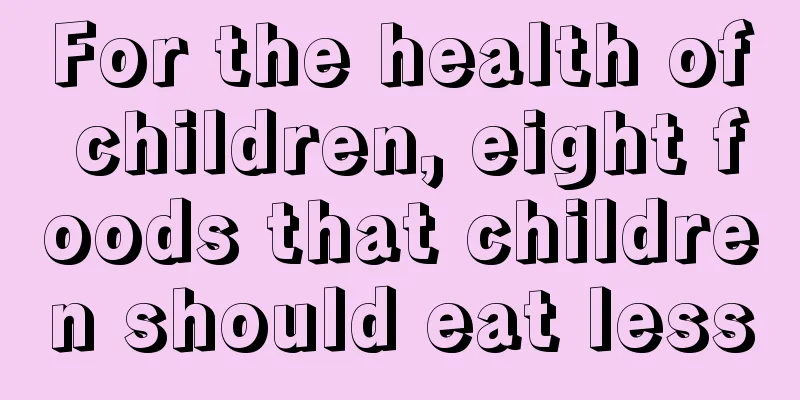What are the symptoms of depression in children?
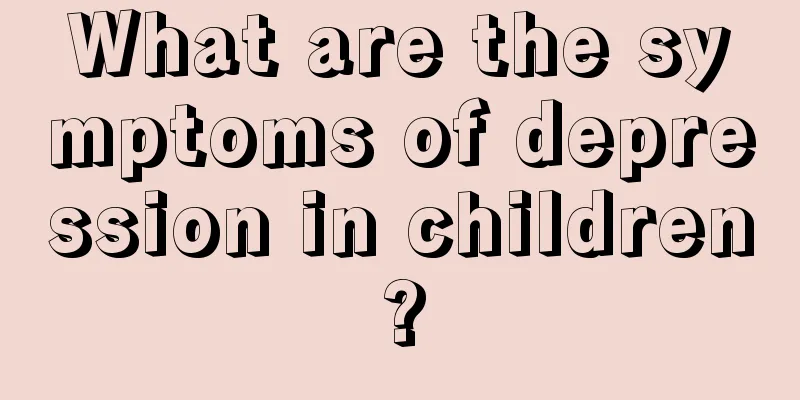
|
Childhood depression is not uncommon, causing many parents to fall into endless pain. Childhood depression manifests itself in different ways, such as loss of appetite, fatigue, insomnia, or abnormal shyness, being easily frightened, disobedience, etc. These all need to be taken seriously. 1. Acute depression This type of children often have obvious mental triggers before they become ill, such as the sudden death of their parents, unexpected disasters, or being away from their parents due to hospitalization due to illness. These children have normal mental state before the onset of the disease, but have obvious depressive symptoms when the disease occurs, such as tears all day long, slow movements, low voice, loss of appetite, fatigue, insomnia, nightmares, and gradual weight loss. They often go in and out alone and do not interact with other children. Sometimes they may reveal a sense of despair. 2. Chronic depression These children often have experienced multiple separations from their parents in the past or have a history of other trauma, but there is no major sudden trigger. The patient had poor adaptability before the onset of the disease, and the depressive symptoms gradually worsened, manifested as timidity, fear, easy to be frightened, unsociable, poor academic performance, and less and shallow sleep. During the examination, it was found that the patient had withdrawn behavior, indifferent expression, world-weary ideas and suicidal intent. 3. Hidden depression The depressive symptoms of this type of children are often quite hidden, and often manifest as other problems, such as disobedience, hyperactivity, stubbornness, rebellion, aggression, lack of discipline, learning difficulties, impulsive disruption or other bad behaviors. Physical and mental problems such as headache, vomiting, abdominal pain, diarrhea, anorexia, overeating, and incontinence may also occur. Most children do not show obvious depression, but some may experience depressive symptoms periodically. |
<<: There are several stages in a child's separation anxiety period.
>>: What are the symptoms of obsessive-compulsive disorder in children?
Recommend
What to do if your baby catches a cold and has a fever
No matter whether it is cold or warm in all four ...
Causes of intussusception in children
Children are like their parents’ new cars. Parent...
What to do if your baby doesn't like to wash his hair
Babies are very easy to take care of when they ar...
Good way to care for premature babies born at 30 weeks
There are a lot of premature babies now, and thei...
Why does the baby keep yawning?
Women who have been mothers may have noticed that...
How to correct a child's hunchback?
It has become a common thing for children aged se...
How to treat hand, foot and mouth disease blisters
Many people don’t know how to deal with blisters ...
How to treat a crying newborn
The problem of newborns always crying often cause...
What should I do if my child’s face is swollen after falling?
Children are naughty by nature, so it is easy for...
Children's skin itchy wheals
We all know that children's physical fitness ...
Can children drink Cassia seeds?
Cassia seed is a traditional Chinese medicine. Ch...
At what month do newborns usually start to grow teeth?
Having a child in the family really adds a lot of...
What is the reason why babies sweat and wet pillows when sleeping?
Babies sweat a lot when they sleep, even their pi...
Children's height and weight chart
Now many parents will find a problem. The growth ...
Why are children's underwear yellow?
When adult women's underwear turns yellow, it...

